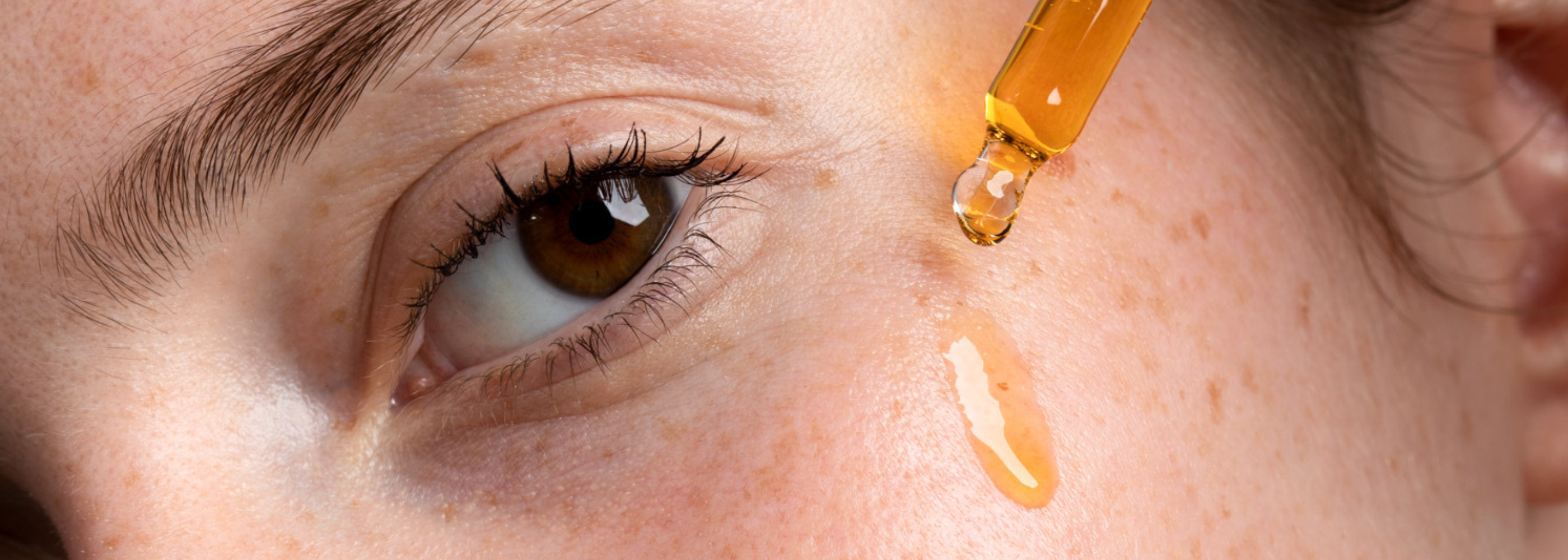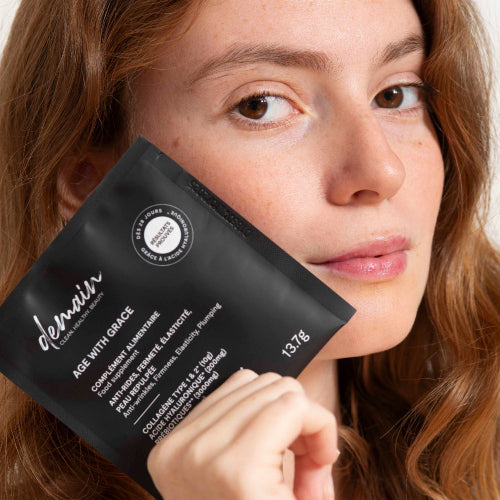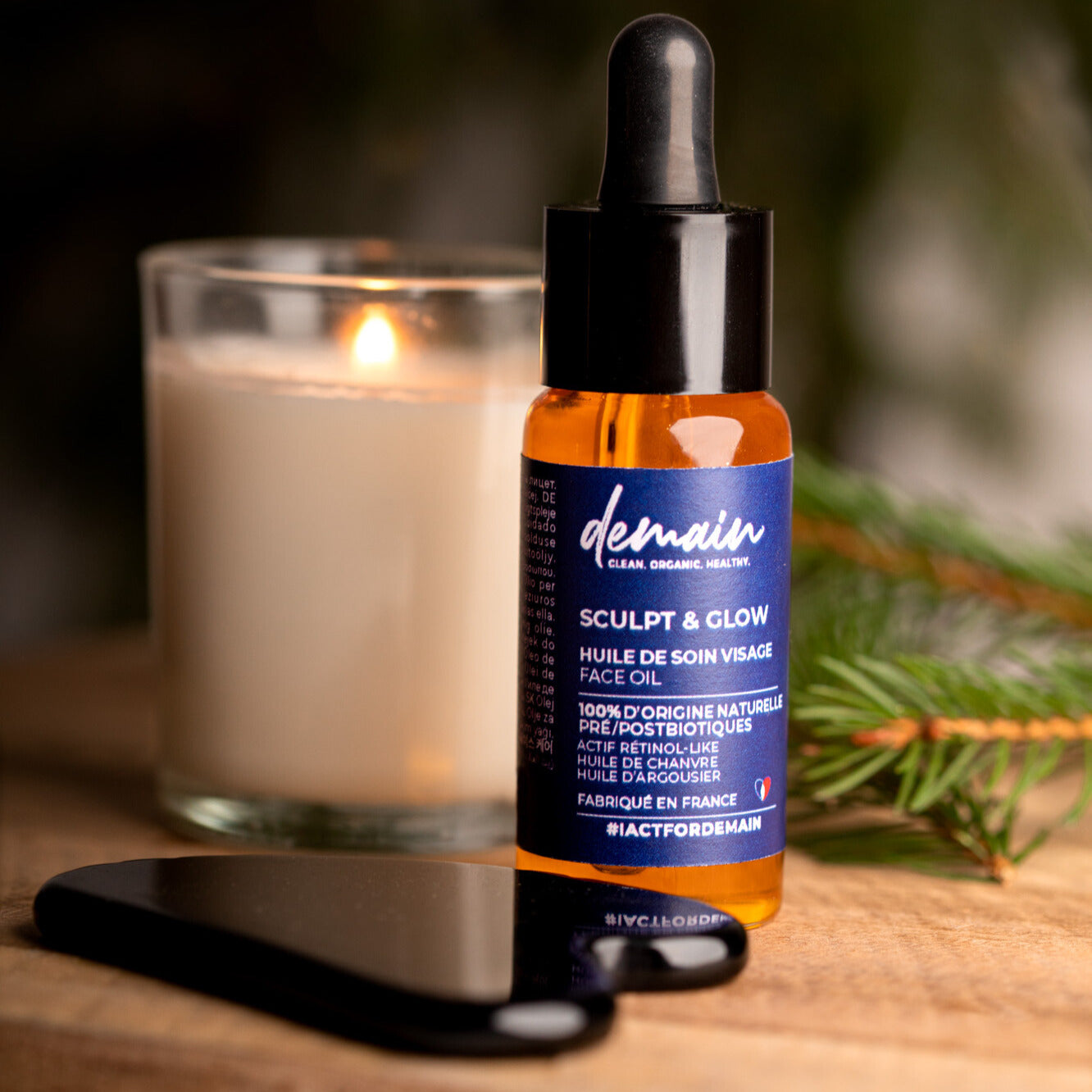Facing dry skin ? This common phenomenon, also called xerosis, can affect different parts of the body, from the legs to the hands to the face. Conditions like hypothyroidism, psoriasis, eczema, and diabetes can cause dry skin. Fortunately, many solutions exist to treat this condition and effectively moisturize the skin. Discover how to take care of your skin every day and protect it against dry skin.
What are the most common causes of dry and sensitive skin?
Cutaneous xerosis, a medical term for excessive dryness of the skin, can cause various discomforts such as itching or tightness. With age, this barrier weakens, making the skin more vulnerable. Xerosis often results from an alteration of the hydrolipidic film, which protects the skin from external aggressions.
It can also be caused by external factors:
- Use of harsh soaps
- Excessive exposure to hot water
Adopting a proper skincare routine and avoiding irritants can significantly improve skin comfort (pssst, our anti-blemish routine is still available!). Finally, a diet rich in essential fatty acids and water is crucial for maintaining good hydration.
Dry and sensitive skin can be caused by a variety of factors. Extreme weather conditions play a major role. Extreme weather conditions such as cold, wind, and dry air can damage the skin's barrier, leaving it vulnerable.
Unsuitable skincare products are also a culprit. Harsh soaps or lotions containing chemicals can unbalance the skin's physiological pH.
Other causes include hormonal changes, especially in postmenopausal women. These fluctuations can reduce sebum production, making the skin more vulnerable.
Finally, excessive hygiene can strip the skin of its natural oils, increasing the risk of dryness. Adopting the right habits is essential to protect and hydrate the skin for long-term health.
Dry skin and its links with menopause and pregnancy
Hormonal changes during menopause and pregnancy often affect dry skin. During menopause, the decrease in estrogen and progesterone reduces sebum production, which dries out the skin. This can lead to unpleasant sensations such as tightness and itching.
During pregnancy, hormonal changes can also affect the skin's moisture balance. Pregnant women may experience dry skin, although some notice more oily skin. A proper skincare routine , including moisturizing products, is essential to protect the skin and improve skin comfort.
Here are some practical tips:
- Use moisturizers rich in ceramides and fatty acids like our Go For Protection facial treatment (in the morning) and our Time To Repair regenerating treatment (at night)
- Prefer lukewarm showers over hot ones
- Wear clothing made from natural fibers to minimize irritation
These simple actions help prevent dry skin and improve daily comfort.











